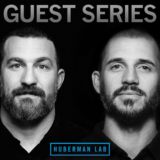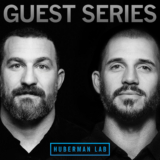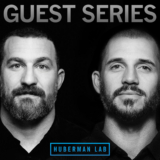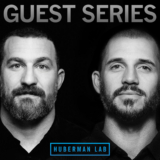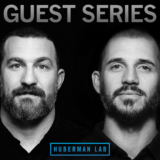In this episode 6 of a 6-part series on fitness, exercise and performance with Andy Galpin, PhD, professor of kinesiology at California State University, ...
In this episode, I explain the biology of breathing (respiration), how it delivers oxygen and carbon dioxide to the cells and tissues of the body and how is ...
In this episode 5 of a 6-part special series on fitness, exercise and performance with Andy Galpin, PhD, professor of kinesiology at California State ...
My guest this episode is Gina Poe, PhD, a professor in the department of integrative biology & physiology at the University of California, Los Angeles ...
In episode 4 of a 6-part series, Andy Galpin, PhD, explains how to design an effective training program for fitness, health and longevity through a 10-step ...
In this episode, I discuss the causes and treatments of different types of headaches, including tension headaches, migraines, sinus and cluster headaches, as ...
This is episode 3 of a 6-part special series on fitness, exercise and performance with Andy Galpin, PhD, professor of kinesiology at California State ...
My guest is Sara Gottfried, M.D., a Harvard-trained, board-certified gynecologist and clinical assistant professor of integrative medicine & nutritional ...
In this episode 2 of a 6-part special series, Andy Galpin, PhD, professor of kinesiology at California State University, Fullerton and world expert on exercise ...
I discuss the mechanisms by which human eggs and sperm are generated, the ovulatory/menstrual cycle, the conception process and overall fertility in males and ...
- « Previous Page
- 1
- …
- 22
- 23
- 24
- 25
- 26
- …
- 36
- Next Page »

